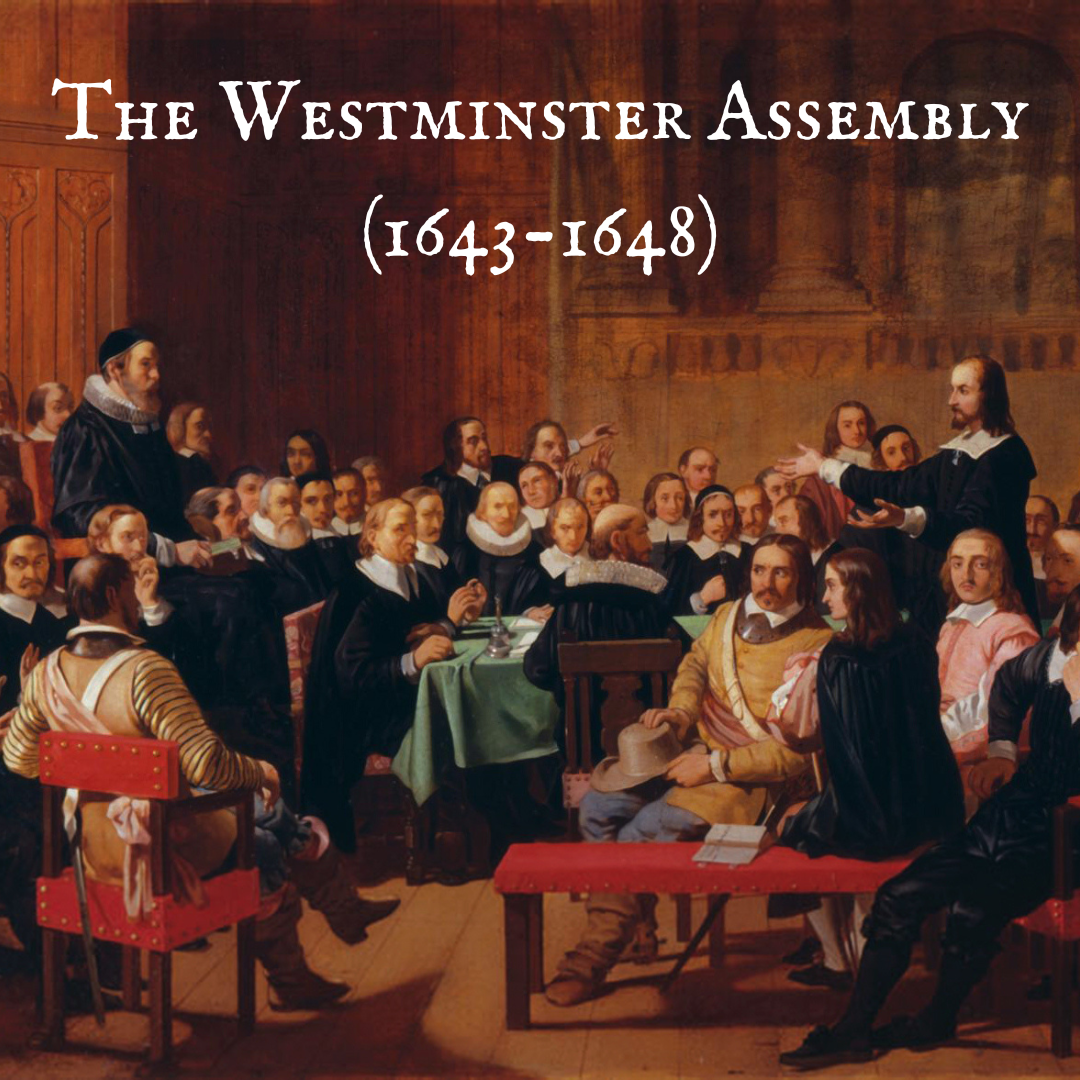By Pastor Stephen Hess –
One of our core beliefs at Highview is in the infallibility of Scripture. As our “Essentials” statement says, “The Bible, uniquely and fully inspired by the Holy Spirit, is the supreme and final authority on all matters on which it speaks.” When people are becoming acquainted with our church, sometimes they ask, “If the Bible is our supreme authority, then why do we use creeds and confessions to define our beliefs? Isn’t the Bible enough?” This is an excellent question, and I usually answer it by saying a couple of things.
First, a creed or a confession is simply a statement about what we believe Scripture teaches. In other words, creedal statements are not meant to be a replacement for Scripture, but a reflection of Scripture. You might think of it like the relationship between the moon and the sun. The moon does not produce any light by itself; it simply reflects the sun’s rays. In the same way, creeds and confessions reflect the truth of God’s word back to us.
Second, creeds and confessions are important because they help us distinguish between truth and error. There are lots of people who claim to believe the Bible today but have strange interpretations about what it teaches. Creeds and confessions help us define orthodox beliefs and distinguish them from false teaching. In this way they are a bit like guardrails on a highway—they help define the edges of the road and prevent us from veering off into danger.
 In our denomination, in addition to subscribing to the early creeds of the church such as the Apostles’ Creed and the Nicene Creed, we also use the Westminster Standards to define our beliefs. The Westminster Standards were written in 17th century England. During a time of political turmoil, there was hope that England, Scotland, and Ireland could be brought together under a new confessional standard. In 1643 the English House of Commons commissioned a new confession of faith. A group of 151 theologians, pastors, and parliament members met at Westminster Abbey for 1,163 sessions over several years (1643-1648). The result was the Westminster Confession of Faith and two accompanying catechisms (Larger and Shorter).
In our denomination, in addition to subscribing to the early creeds of the church such as the Apostles’ Creed and the Nicene Creed, we also use the Westminster Standards to define our beliefs. The Westminster Standards were written in 17th century England. During a time of political turmoil, there was hope that England, Scotland, and Ireland could be brought together under a new confessional standard. In 1643 the English House of Commons commissioned a new confession of faith. A group of 151 theologians, pastors, and parliament members met at Westminster Abbey for 1,163 sessions over several years (1643-1648). The result was the Westminster Confession of Faith and two accompanying catechisms (Larger and Shorter).
Ultimately the Westminster Standards did not unite England, however, they did become adopted in the Church of Scotland. Eventually, Scottish believers brought the Standards over to America where they became adopted by American Presbyterians. The Westminster Confession and Catechisms remain today some of the greatest summations of Reformed theology that have ever been written.
As we enter 2024, we are going to start a one-year journey through the Westminster Shorter Catechism. A catechism is simply a teaching tool that has been used for centuries in the church, which summarizes our beliefs in question-and-answer format. Each Sunday during 2024, we will recite one of the questions from the Shorter Catechism during our worship service as our statement of faith. Additionally, we will be distributing a 52-week devotional on the Shorter Catechism called A Good Confession for everyone to use at home. Each week’s devotions include Scripture readings, thought-provoking quotes, relatable stories, and memory verses—all connected to one of the theological truths from the Catechism. Our hope is that this will help our entire congregation to study the rich truths of our faith while staying rooted in Scripture and in prayer on a daily basis.
I invite you and challenge you to join us on this journey and pick up a copy of A Good Confession. I am confident that if you do, your faith will be deepened and strengthened in 2024.

